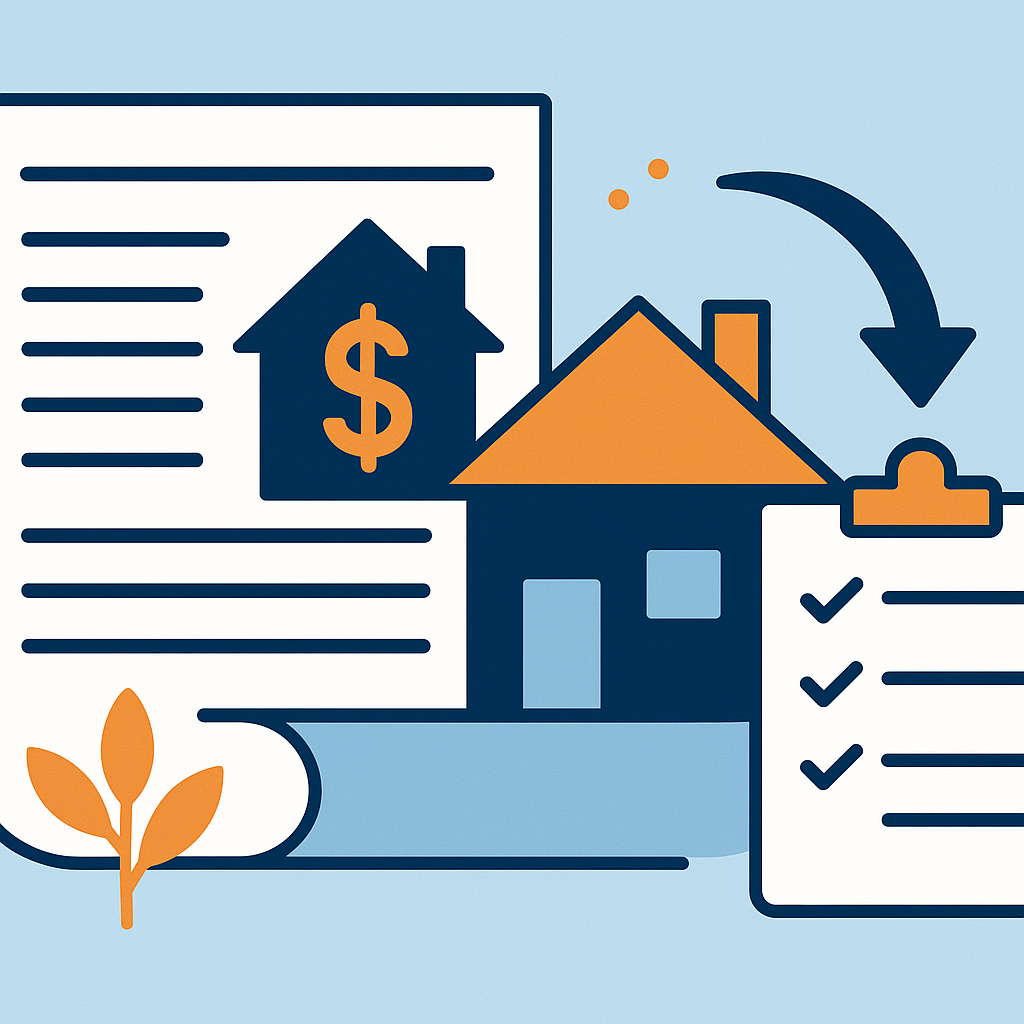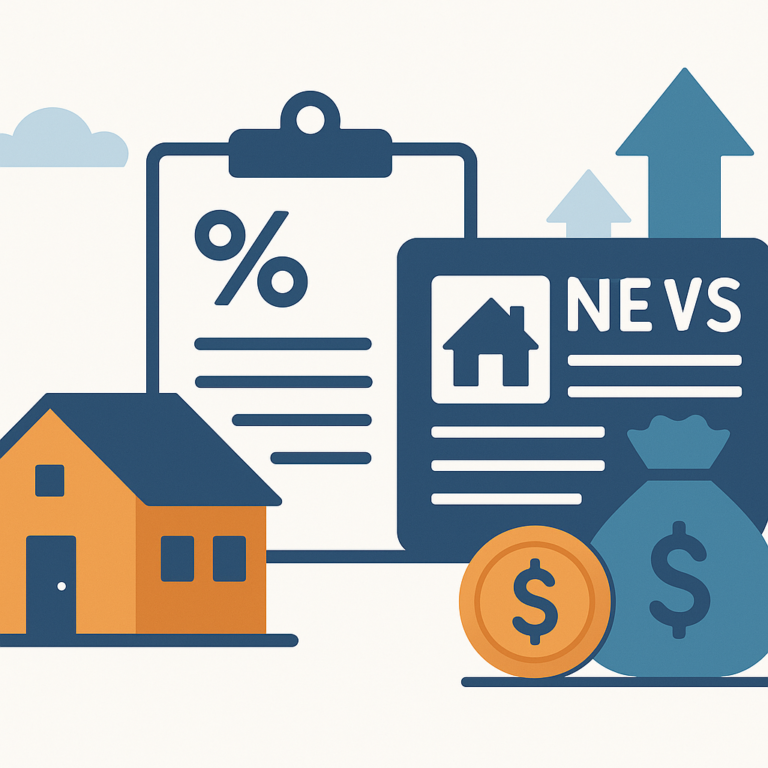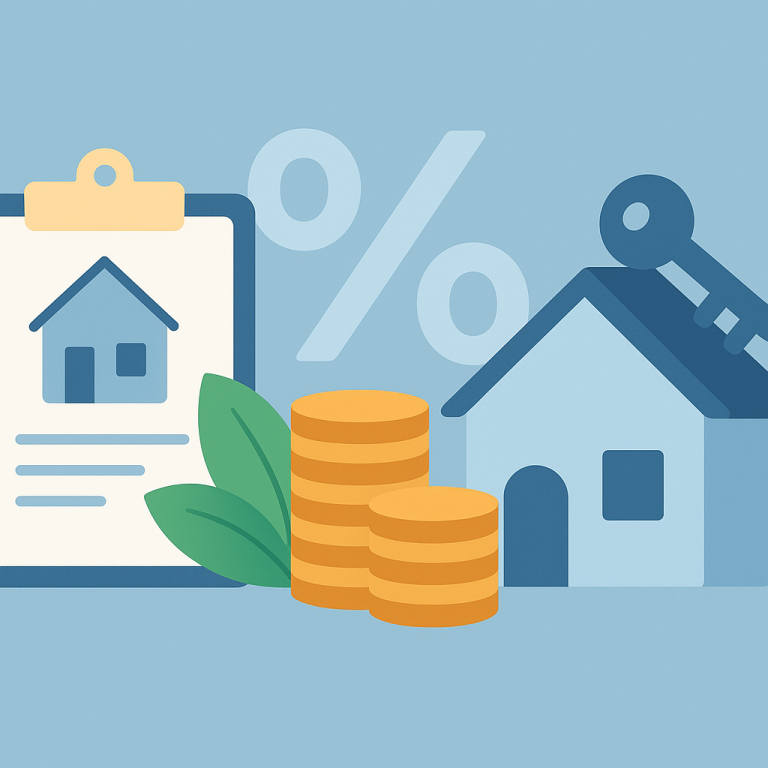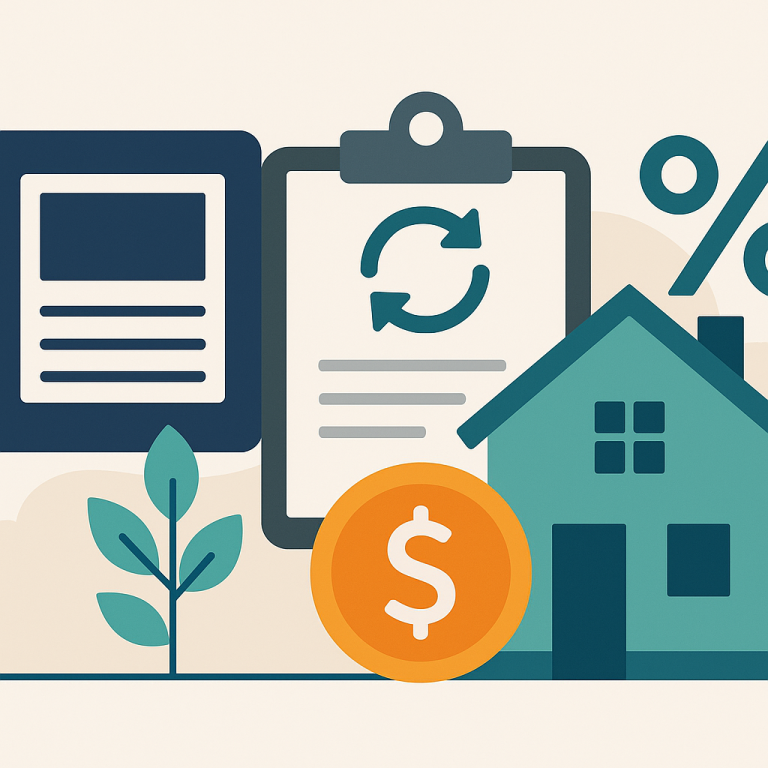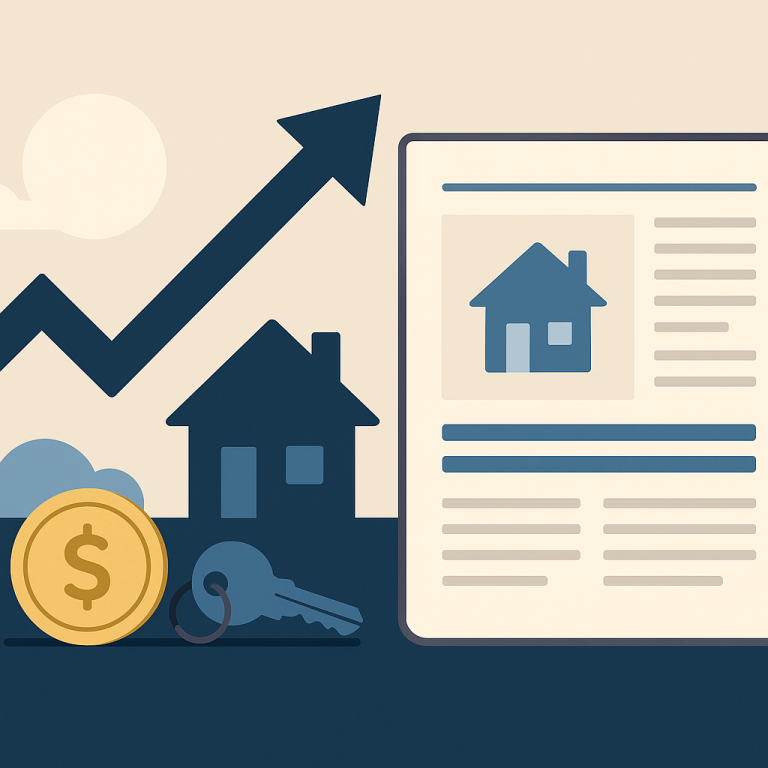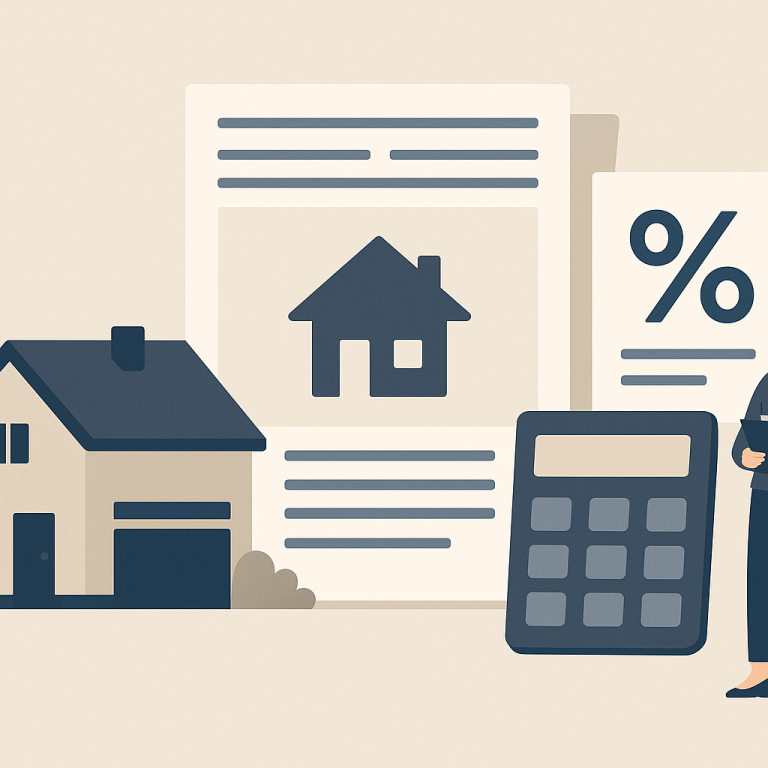Average 30-Year Mortgage Refinancing Rates Drop 0.25 Percentage Point After Fed Pause
At a glance: The latest mortgage rate drop and how it could affect refinancing decisions.
Mortgage rates have moved lower. That can improve affordability and may reopen refinance options for borrowers whose current rate is above today’s quotes.
What the Rate Drop Means for Borrowers
Many homeowners assume refinancing only makes sense when interest rates fall. But refinancing to a shorter loan term can be a financially sensible move even if current rates are higher than the rate on your existing mortgage. The key question is whether the long-term interest savings and your financial priorities justify the costs and the likely increase in monthly payment.
Refinancing into a shorter-term mortgage reduces the amount of time interest accrues, which can materially lower the total interest paid over the life of the loan. This benefit is most pronounced for borrowers who can afford a higher monthly payment or who expect income to increase. Shorter terms also typically build equity faster, which can improve financial flexibility later on.
When a shorter-term refi makes sense
Consider a shorter-term refinance when multiple conditions line up:
- Your current mortgage rate is not drastically below market rates, or the spread between the short-term and your current rate is reasonable compared with the interest savings over the remaining years.
- You have stable, sufficient cash flow to absorb a higher monthly payment without compromising emergency savings or other financial goals.
- You plan to stay in the home long enough to recoup closing costs and fees associated with refinancing.
- You value faster equity accumulation—for instance, to reduce future borrowing needs or to exit the mortgage sooner for retirement planning.
Costs and trade-offs to weigh
Refinancing always involves upfront costs: lender fees, appraisal, title work and closing charges. Those costs can offset the benefit of a lower total interest obligation if you do not remain in the loan long enough to offset them. Evaluate the break-even horizon—the point at which cumulative savings in interest exceed refinancing costs—before committing.
A shorter term typically increases the monthly payment. That change affects cash flow and budget flexibility. Borrowers should stress-test their household budget against job loss, medical expenses or other shocks to ensure the new payment is sustainable. If reaching the higher payment requires reducing retirement contributions or eliminating emergency savings, the refinance could introduce greater long-term risk.
Credit profile and home equity also matter. Strong credit and sufficient equity can unlock better refinance pricing and reduce the likelihood of needing private mortgage insurance. Conversely, thin equity or lower credit scores can raise costs enough to negate the benefit of shortening the term.
Alternatives and hybrid approaches
If a full refinance to a shorter term is not feasible, there are alternatives that capture some of the same benefits with fewer trade-offs. Options include making additional principal payments on your current loan, switching to a biweekly payment schedule, or refinancing to a term that is shorter but not as aggressive as a 15-year equivalent. Each option accelerates equity build-up to varying degrees and can be tailored to cash-flow constraints.
Homeowner takeaways
- Run the math: compare total interest savings against upfront costs and identify the break-even point before refinancing.
- Prioritize cash-flow sustainability: ensure the higher monthly payment fits comfortably within your budget under stress scenarios.
- Consider how long you plan to keep the property—short stays make it harder to recoup refinance costs.
- Explore partial alternatives like extra principal payments if a full-term reduction is not practical.
- Speak with multiple lenders to compare fee structures and rate options to uncover the most cost-effective path.
Refinancing to a shorter term can be a powerful wealth-building move when executed for the right reasons and with a clear understanding of costs and constraints. Homeowners should prioritize a careful comparison of scenarios and consider professional mortgage advice when uncertainty remains.
META: refinance-shorten-term

